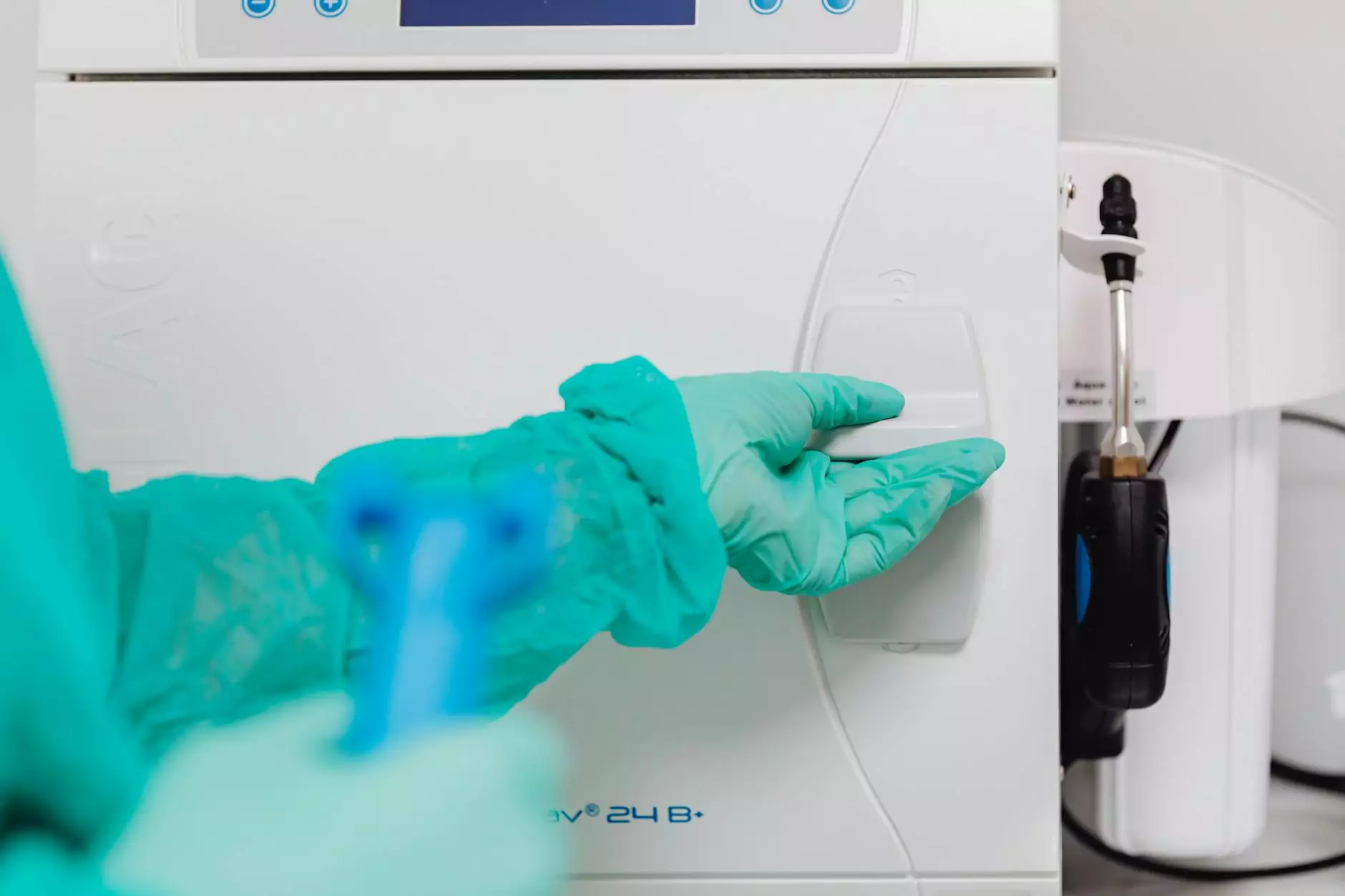The Risks and Benefits of Hysterectomy: Ensuring a Well-Informed Decision

Hysterectomy is a surgical procedure commonly performed by obstetricians and gynecologists. It involves the removal of the uterus, and sometimes other reproductive organs, to address various gynecological conditions. While hysterectomy can offer significant relief for specific medical conditions, it is essential to understand its potential long-term risks. In this comprehensive guide, we will explore the risks and benefits associated with hysterectomy, empowering you to make informed decisions regarding your health.
The Importance of Informed Decision-Making
Before delving into the risks and benefits, it is crucial to emphasize the significance of informed decision-making. Hysterectomy is a major surgical procedure and should not be taken lightly. By understanding the risks and benefits, you gain the necessary knowledge to have meaningful conversations with your healthcare provider to make the best choice tailored to your specific situation.
The Benefits of Hysterectomy
Hysterectomy is a well-established medical procedure that can provide several benefits for individuals with certain gynecological conditions. The benefits can include:
- Relief from chronic pelvic pain
- Management of uterine fibroids
- Treatment for endometriosis
- Addressing uterine prolapse
- Resolution of abnormal uterine bleeding
- Preventing the spread of cancer in some cases
While the above benefits are substantial, it is essential to note that the decision to undergo a hysterectomy should always be made after careful consideration and consultation with a healthcare professional.
The Risks of Hysterectomy
Like any surgical procedure, hysterectomy carries potential risks. While complications are relatively rare, it is crucial to be aware of the potential long-term risks. Some potential risks of hysterectomy include:
- Early menopause: Hysterectomy involving removal of the ovaries can cause early menopause, leading to hormonal changes and potential symptoms such as hot flashes and mood swings.
- Sexual dysfunction: Some individuals may experience changes in sexual function or desire following a hysterectomy.
- Pelvic organ prolapse: Hysterectomy can increase the risk of pelvic organ prolapse, where the pelvic organs may descend into the vaginal canal.
- Urinary incontinence: There can be a risk of urinary incontinence following a hysterectomy, although the likelihood of this is relatively low.
- Bowel dysfunction: In rare cases, hysterectomy may lead to bowel dysfunction, such as constipation or changes in bowel habits.
- Adverse surgical outcomes: As with any surgical procedure, there is a small risk of complications related to anesthesia, bleeding, or infection.
It is important to note that the risks associated with hysterectomy can vary depending on factors such as the type of hysterectomy performed, underlying health conditions, and individual differences. Discussing these risks with your healthcare provider is crucial to understanding your personal risk profile.
Mitigating the Risks
While hysterectomy does carry potential risks, there are ways to mitigate these risks and promote a successful recovery. Here are some essential steps to consider:
- Thoroughly discuss the procedure with your healthcare provider: Understanding the details of the specific hysterectomy procedure recommended for your condition is crucial. Ask any questions you may have and ensure you have a clear understanding of what to expect.
- Seek a second opinion: If you have concerns or doubts about the proposed hysterectomy, it is always a good idea to seek a second opinion from another qualified healthcare professional. This can provide you with additional perspectives and insights.
- Explore alternative treatment options: Depending on your condition, there may be alternative treatment options available that can address your symptoms without the need for surgery. Discuss these options with your healthcare provider to determine if they may be suitable for you.
- Choose an experienced surgeon: Selecting a skilled and experienced surgeon who specializes in hysterectomy is crucial for ensuring the best possible outcome. Research their credentials and expertise to make an informed choice.
- Prepare for the recovery period: Hysterectomy is a major surgery, and recovery time can vary depending on the type of procedure performed. Ensure you follow your healthcare provider's instructions for post-operative care and allow yourself time to rest and heal.
Conclusion
Hysterectomy is a significant medical procedure that can provide relief for individuals with certain gynecological conditions. However, it is crucial to consider the potential long-term risks and benefits and weigh them against your personal circumstances. By staying informed and discussing your concerns with your healthcare provider, you can make a well-informed decision regarding your health and well-being. Remember, the decision to undergo a hysterectomy is unique to each individual, and what works for one person may not be suitable for another. Your healthcare provider is the best source of guidance in this decision-making process.
hysterectomy risks long term









